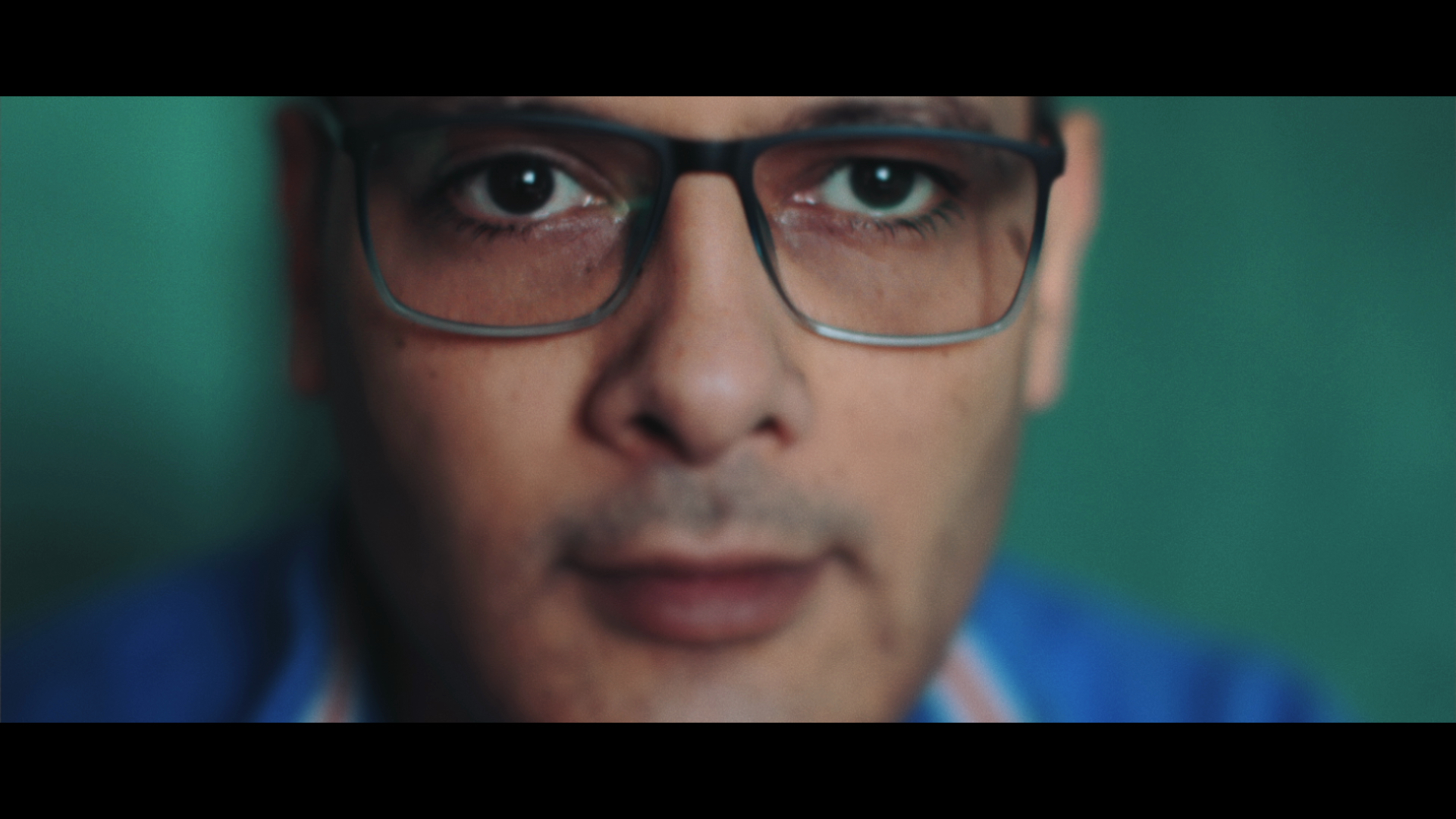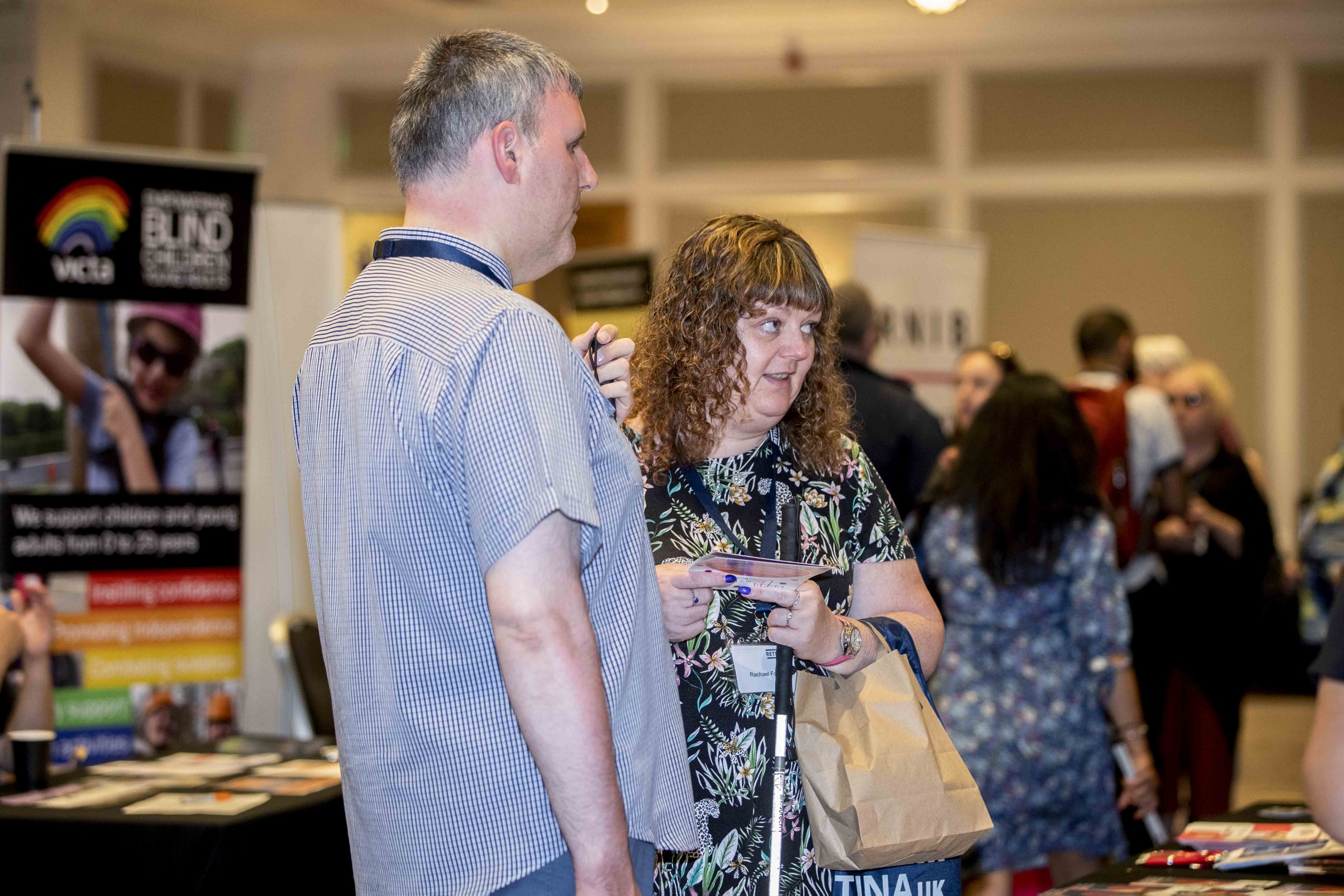
BBC investigates unproven treatments for retinitis pigmentosa
The BBC World Service has undertaken an investigation of unproven treatments for retinitis pigmentosa (RP) and has produced a documentary film, called Blind Faith, which is available on BBC iPlayer.

